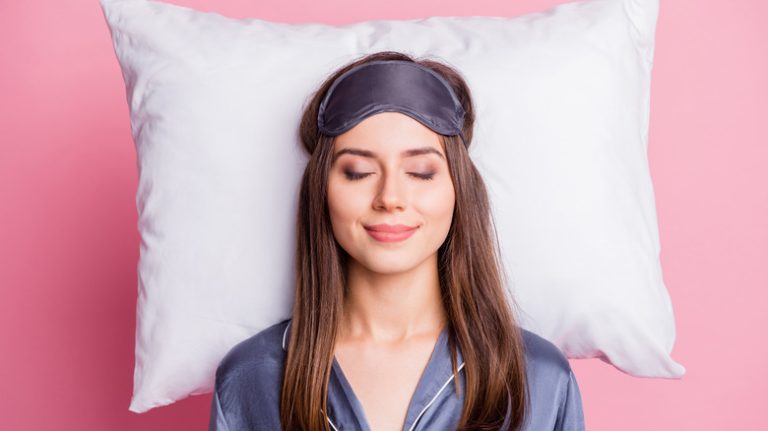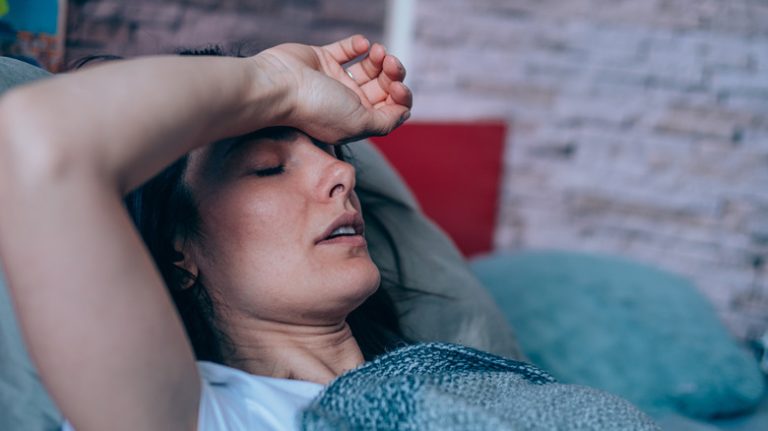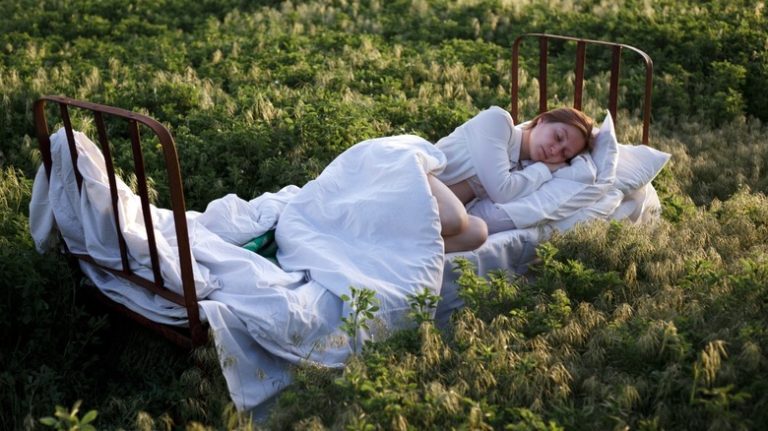How do you feel after waking up from a cozy afternoon cat nap? Calm? Refreshed? Maybe a little hungry? If your answer is hungry, there are a number of reasons why this may be happening.
While they may seem unrelated at first glance, sleep and the growth hormone known as ghrelin are actually pretty closely intertwined. Secreted primarily from the stomach, ghrelin is a chemical in the body that notifies the brain when we’re hungry and in need of food, according to the Cleveland Clinic. Additionally, this hormone also helps the body regulate blood sugar, store fat, and boost appetite.
So how does this connect with sleep? Registered dietitian Amber Core shed some light on the subject, telling The Healthy, “There is a wide variability in when growth hormone increases during sleep, but with afternoon naps, growth hormone release tends to be much higher than at any other time.” In essence, the fluctuation in hormone levels that takes place as we snooze may cause us to wake up with a grumbling stomach.
You may be sleep deprived or recently ate a heavy lunch
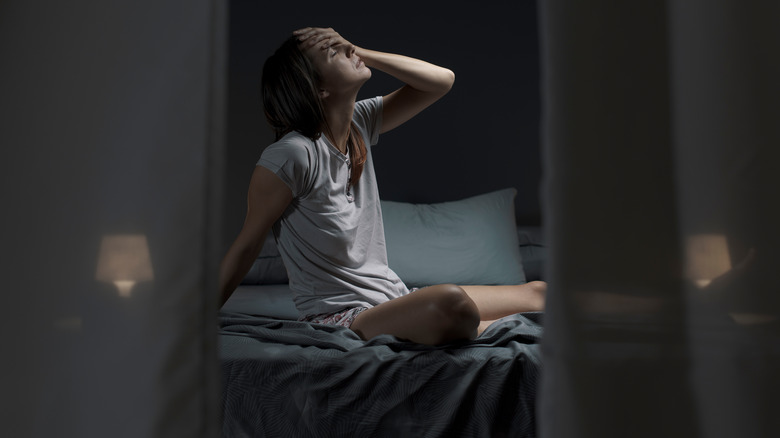
Although ghrelin levels may increase as we get a little extra sleep in the afternoon, our hunger hormones can also be impacted by a lack of sleep. In a 2024 study published in Nature Communications, researchers note that inadequate sleep can throw our hunger hormones for a loop. The function of our brain regions responsible for regulating appetite gets suppressed, leading us to crave more calorie-dense foods during waking hours. Therefore, if you find yourself regularly napping because you’re struggling with nighttime sleep, you may feel that hunger kick in once again as you rise from your nap.
If a lack of sleep isn’t the problem, did you perhaps eat a big lunch before your nap? SBS Food explains that certain food items can make us feel more inclined towards sleep than others, especially foods rich in carbs. If the majority of those carbs came from sugar, you may feel full now, but you probably won’t once you wake up. Experts at Healthline explain that after consuming sugar, our blood sugar increases. To restore this balance, the body produces insulin, which subsequently causes a decrease in blood sugar. As a result, you may find that your lunch didn’t leave you feeling very satiated once your nap is over.
You may wake up hungrier if your naps last longer than 30 minutes
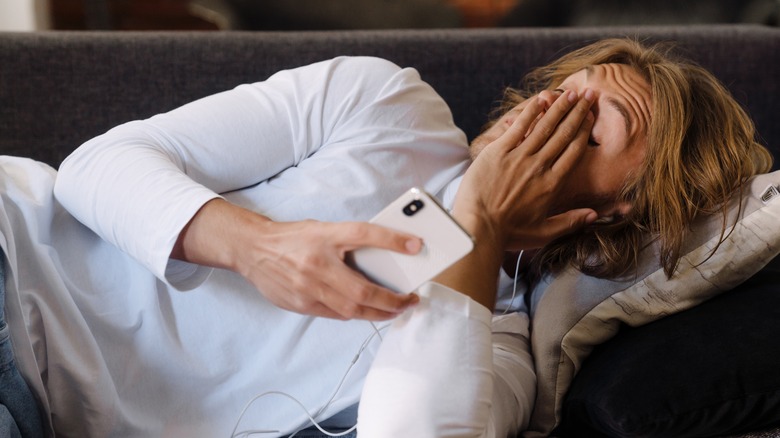
The duration of your nap may also play a role in whether or not you’re waking up hungry. In a recent study published in the scientific journal Obesity, researchers looked at more than 3,200 adults between the ages of 18 and 65 from a region in the Mediterranean who were diagnosed with obesity. The study team set out to determine whether there was a possible connection between napping (or not napping) and associated obesity based on how long individuals snoozed for. Using the term “siesta” to reflect the culture of study participants, questionnaire data revealed that 35% of individuals routinely took siestas. 20% of participants regularly napped for less than 30 minutes, while 16% reported taking siestas lasting more than 30 minutes.
More than 40% of participants reported feeling hungry following a nap. The researchers cited changes in cortisol levels that occur after waking — a hormone that influences motivation for eating — as a possible explanation. Increases in the body’s cortisol awakening response (CAR) were seen in connection with longer naps. While 7.5% of participants woke up craving salty foods, a resounding 63% yearned for a sweet treat. A desire for salty foods was found to be lower among those who took short siestas. Additionally, naps that exceeded 30 minutes were linked with higher rates of metabolic syndrome, elevated blood pressure, waist circumference, body mass index (BMI), and more.

